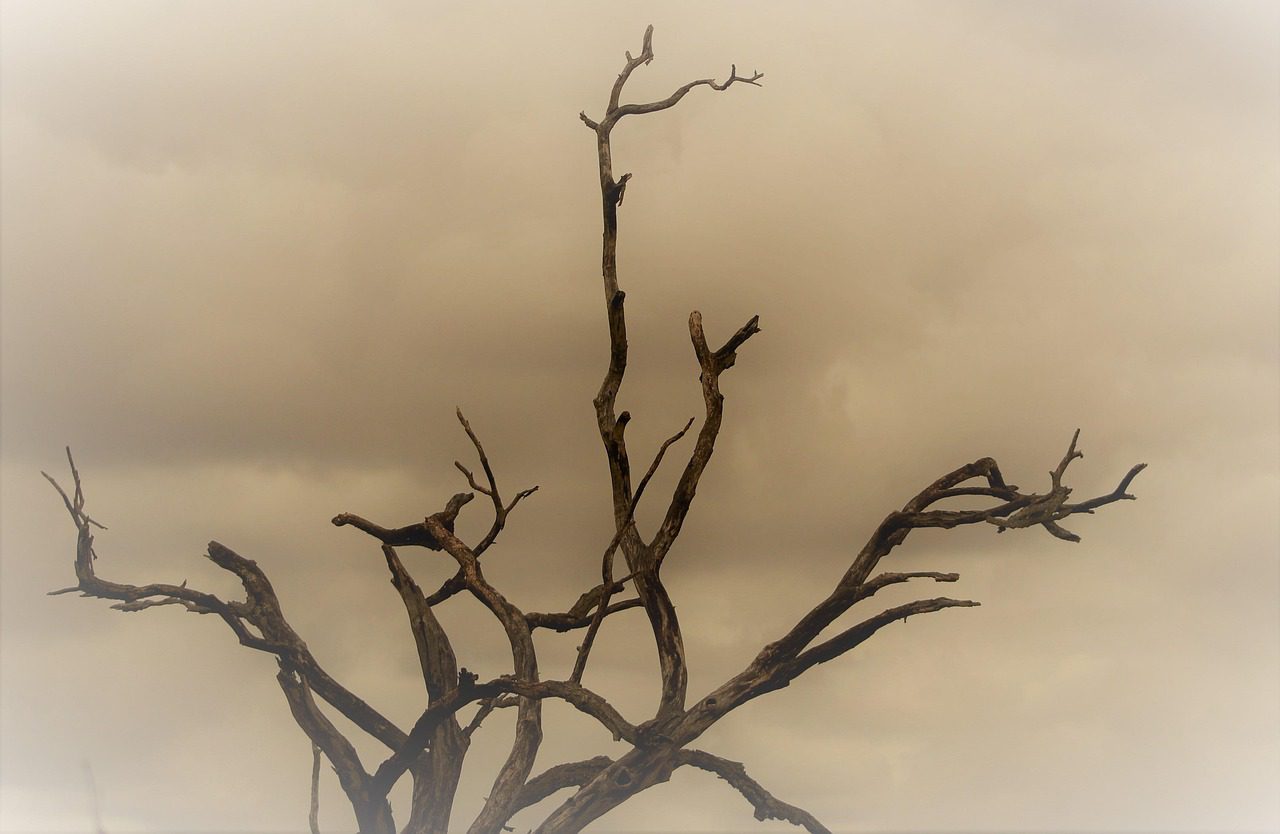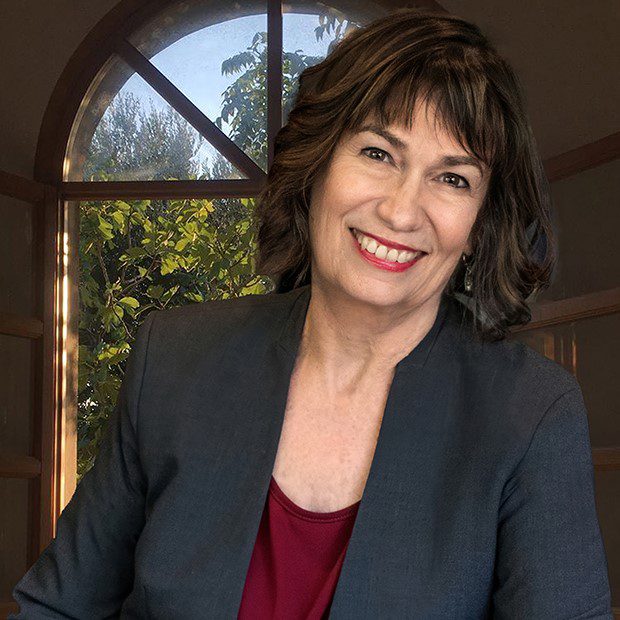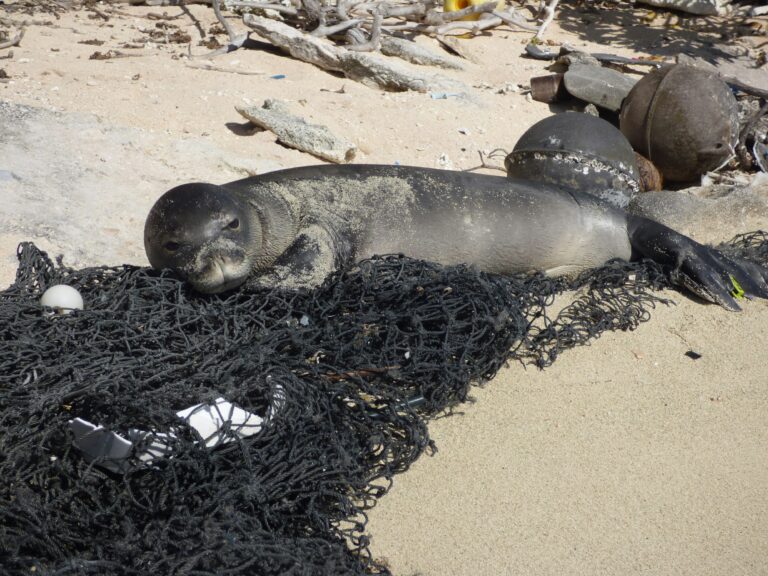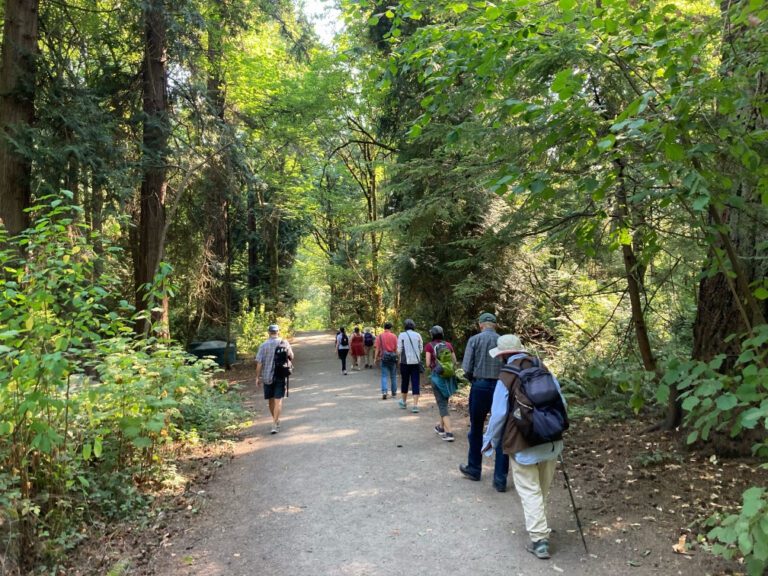Dear Climate Therapist,
I’m a public health student in Canada and I’m thinking about how to build my career in environmental health and its intersection with public health. Sometimes, when I imagine working in this field, I worry that I will spend my future fighting structures and powers that will continue to worsen the climate situation and it’s discouraging. But I also can’t imagine doing anything different with my life. As much as I believe in accepting that which I cannot change, this doesn’t feel like an applicable mindset for my field of work, yet I also don’t want to burn out. How do I balance acceptance with passion?
– Contemplative Canadian
Climate-aware therapist Leslie Davenport offers her counsel.
Dear Contemplative Canadian,
I’m so glad you reached out. Your reflection touches on a profound and widespread feeling among so many working in climate-related fields: the tension between purpose and discouragement, drive and despair. And you’re so right: environmental health is a challenging field, especially now, because it requires confronting systemic issues—colonialism, capitalism, racial inequity, and political inertia—that are often deeply embedded and slow to shift.
When you say, “I can’t imagine doing anything else with my life,” that kind of calling deserves to be honored—but in ways that ease, rather than deepen, the tension you’re feeling. Try thinking of your career as a long-term relationship with environmental health—one that unfolds in seasons. Some will be full and demanding; others will call for rest, reflection, and recalibration. There will be times of exciting achievements and celebrations, and times of disheartening setbacks. Sometimes progress will be visible; other times, it will move underground—quietly gathering strength until it’s ready to emerge again. Passion isn’t about constant urgency or output. It’s about sustainability. It respects boundaries. It makes space for rest. And it thrives in community.
Burnout doesn’t only come from working hard—it comes from working without nourishment.
In suggesting this longer view, I don’t want to minimize the urgency of our escalating crisis. Nigerian philosopher and poet, Bayo Akomolafe, offers a helpful perspective. He advocates for a counterintuitive yet profound idea that is expressed in the Yoruba saying he often references: “The times are urgent; let us slow down.”
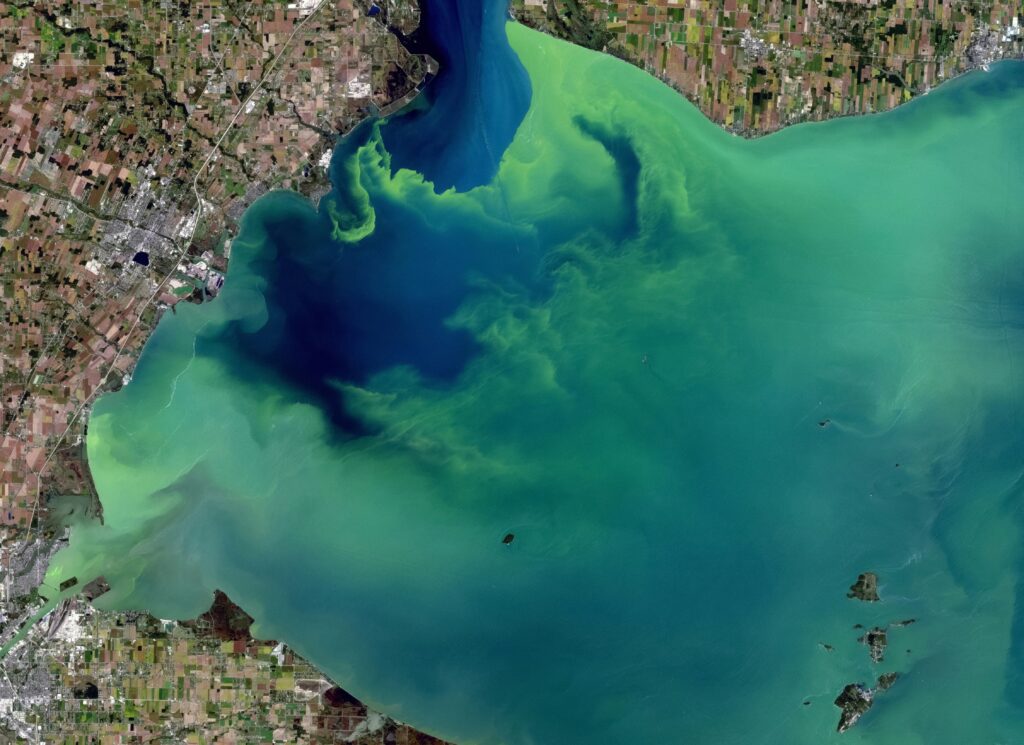
Akomolafe challenges the conventional response to crises, which typically involves accelerating efforts to find immediate solutions. He suggests that such pressure often perpetuates the very problems we aim to resolve. Instead, he proposes that slowing down allows us to engage more deeply with the complexities of our challenges, creating space for reflection, connection, and the emergence of novel possibilities. He emphasizes that slowing down is not merely about reducing speed but about cultivating presence and awareness, recognizing that true transformation often arises from deep, mindful action. It requires building emotional, relational, and intellectual approaches that go beyond conventional career planning.
The good news is that you are already on the path toward balance by asking these questions. Acceptance doesn’t mean standing still – it involves understanding the terrain of change. In environmental health, acceptance might look like acknowledging that some policies will lag behind the science, or that certain institutions resist change, or that resources temporarily diminish, while still choosing to advocate for better outcomes. Acceptance can mean attuning to the growing momentum that has yet to fully emerge. Acceptance can also be an invitation to shift from an individualistic model of responsibility to a collective one. Public and environmental health are inherently collective fields. Whether you’re working on urban air quality, Indigenous food sovereignty, or climate-related migration, you’ll be part of a broader ecosystem of people advocating for the same goals. By aligning with others—activists, scientists, frontline communities—you reduce the feeling of isolation and increase your impact. Solidarity lightens the load.
Remember also that we can’t always know the fruits of our efforts, but they can create powerful ripple effects that often extend far beyond what we can immediately see. Do you know of Wangari Maathai, a Kenyan environmentalist whose individual effort grew into a massive grassroots movement? In 1977, noticing how deforestation was devastating communities—causing soil erosion, food insecurity, and water scarcity—she began encouraging rural women to plant trees. What started as a small act of ecological restoration turned into the Green Belt Movement, which has since planted over 50 million trees across Africa. Beyond environmental impact, the movement empowered thousands of women through education, income opportunities, and political engagement. Maathai’s work not only restored ecosystems but also shifted global conversations around the intersections of climate, gender, and justice. Her story reminds us that vision and action can ripple outward in unexpected ways to heal land, uplift communities, and influence generations.
And finally, let reflection and replenishment that supports your mental and emotional wellbeing be part of your career strategy. This might include walks/hikes with friends, spiritual grounding, work-based resiliency practices, or some for my clients, even kickboxing or skateboarding. Burnout doesn’t only come from working hard—it comes from working without nourishment.
Let acceptance be the evolving ground you stand on, and passion the movement that carries you forward. You’re building a life, not just a career, and your wellbeing is inseparable from your work.
With you in the work,
Leslie
Submit your questions around how the climate and earth crisis is affecting your daily life, emotions, wellbeing, relationships, and more. It’s completely anonymous.
This installment of “Dear Climate Therapist” from Unthinkable Times is reprinted here with permission.

